Nature reports
File: Ecosystem services
Page 8 of 9 - 85 Results
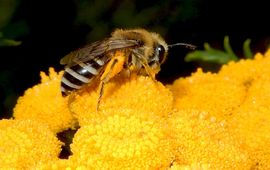
A study of 48 farms in two states shows abundance of species means lots of pollination. The larger an area, the more species of wild bees are needed to pollinate crops...
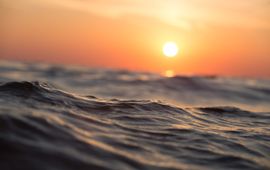
In the past 50 years, the amount of water in the open ocean with zero oxygen has gone up more than fourfold. In coastal water bodies, including estuaries and seas, low-oxygen sites have increased more than 10-fold since 1950...
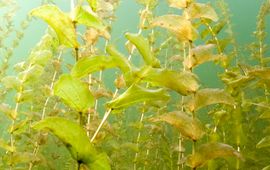
Massive growth of submerged aquatic plants can be a nuisance, especially in summer. It's up to water managers to limit the inconvenience for swimmers, boats and fishermen in a way that is both responsible and cost-effective. In..

Nature could cost-effectively deliver over a third of greenhouse gas emissions reductions required to prevent dangerous levels of global warming. This is equivalent to a complete stop to the burning of oil, worldwide...
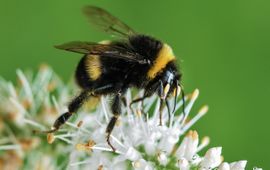
New research from a team of Florida State University scientists and their collaborators is helping to explain the link between a changing global climate and a dramatic decline in bumble bee populations worldwide. ..
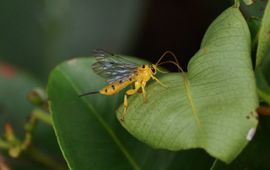
Parasitic wasps can move their ovipositor, a tube-like organ for laying eggs, in any direction by changing the shape of the end of the tube. Therefore, they can steer the ovipositor with muscles in their abdomen. This technique..
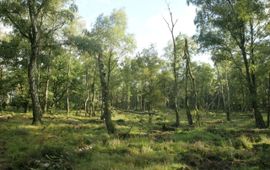
Forests around the world are at risk of death due to widespread drought, University of Stirling researchers have found. An analysis suggests that forests are at risk globally from the increased frequency and severity of droughts...
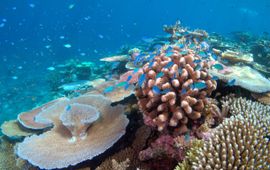
The future of the world’s coral reefs hangs in the balance, but it is not too late to save them, according to a major study published in the prestigious journal, Nature...
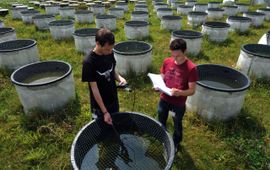
When it comes to their role in aquatic ecosystems, exotic water plants are generally no different than indigenous species. In fact, they can be an asset, argues Bart Grutters of NIOO-KNAW in his PhD thesis. That doesn't mean all..
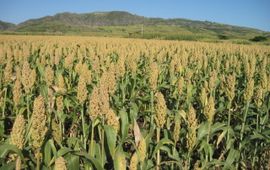
Sorghum is the fifth most important cereal in the world. In sub-Saharan Africa, many farmers rely on this grain for food and feed. But Striga, a parasitic weed, can have a devastating impact on crop yield. With an 8-million-dollar..
